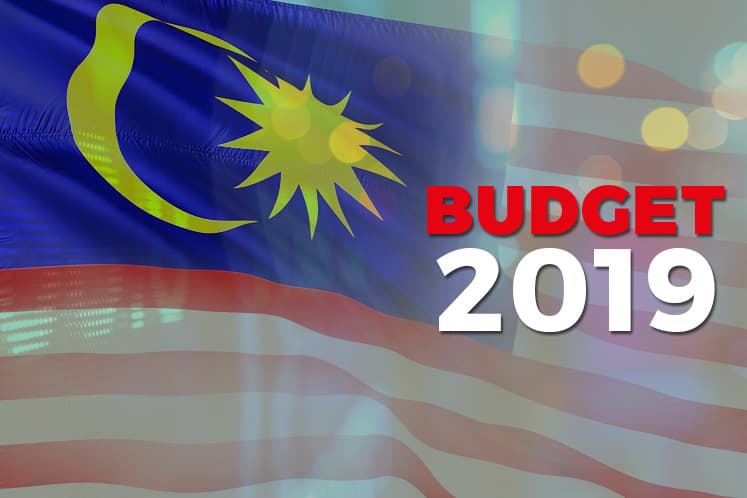
KUALA LUMPUR (Nov 7): Malaysians should not be looking for "what's for me" in the Government's Budget, but rather "what's for Malaysia", says Universiti Kebangsaan Malaysia vice-chancellor Prof Tan Sri Dr Noor Azlan Ghazali.
Noor Azlan, who was speaking to reporters after the post-Budget 2019 debate organised by the Malaysian Economic Association here today, said other than the first focus of institutional reforms in Budget 2019, the nature of the Budget every year has always been the same. He pointed to the second and third focus of the new Budget — which is to ensure the socio-economic well-being of Malaysians, and to foster an entrepreneurial state — as examples. For these, it's always about what incentives there are, he said.
“Take public services for example. In Malaysia, everyone takes public services for granted, especially in [terms of] education and [healthcare], whereby they have to be free or cheap. But, no one has come forward to assume this role of ensuring we have good public services,” he said.
He said society has to learn to come forward and not expect everything to come from the government's pockets, adding Malaysia is no longer a poor nation, but rather one that is moving towards becoming rich and developed.
"Who should bear the cost — we must look at the role of public [sector] and private [sector]. Malaysia is fast approaching the state of developed nation, so old paradigms must give way to new ones. We cannot continue with the same practice of delivering public services like education, health, and transport. No more "cheap and free for all". It's time for all to take up legitimate roles to advance the nation," he said.
When it comes to offering incentives, there's also the issue of efficacy to be considered, he said.
Pointing to the unlimited public transportation pass of RM100 that will kick-start next year as example, Noor Azlan said: “At the moment Malaysians like cars. I believe even if you give incentives, it will only reduce cost for those who are already taking the train. The problem is the people who do not commute by train, are they incentivised?” asked Noor Azlan.
“The question should be, 'If you were to receive RM100, will you opt for public transport'?” he added.
He said in advanced nations such as Japan, public transportation is taken seriously. So public transportation in Malaysia should first be regarded as “the transportation” for the people.
Commuting by public transportation is not just about cost, but also about the quality of public transports, connectivity, as well as security, he said. Hence, public transportation in Malaysia still has to be further developed, maintained and be provided in a way that serves everybody, he added.
Don't just engage in "isomorphic mimicry", in which policies from other countries are copied without the localising them to suit the country, he said. “The country should focus on function, not form. We have a lot of entrepreneurship programmes but not enough entrepreneurs."
Malaysia also should not repeat past policies, as the country has progressed and is dealing with a new set of challenges as times have changed, he added.